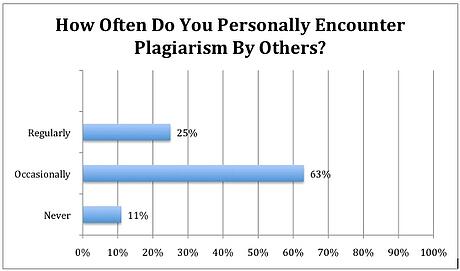 For the second time in under a year, a reporter at the Washington Post has been accused of plagiarism and has faced disciplinary action because of it.
For the second time in under a year, a reporter at the Washington Post has been accused of plagiarism and has faced disciplinary action because of it.
Menu
-
Solutions
-
Our Solutions
-
AcademicSurface potential plagiarism prior to publication with iThenticate’s expansive content database.
-
AdmissionsScreen personal essays for potential plagiarism and help ensure the highest level of integrity even before matriculation.
-
GovernmentEnsure the originality of public-facing content, from legal documents to grant applications, and reporting.
-
MedicalPrevent invalid findings dissemination, grant misconduct, and improper medical practices.
-
PublishingProtect your journal’s reputation by publishing only the highest quality articles.
-
-
Resources
-
Our Resources
-
FAQFind the answers to the commonly asked questions about how iThenticate works.
-
Content DatabaseComprehensive coverage you can trust across the internet, scholarly articles, and industry papers.
-
GuidanceSearch our comprehensive site for the launch, integration and usage information.
-
-
Pricing
-
Login
-
Buy Credits


 In Poland, a Catholic priest and a Professor at the University of Lublin is facing accusations that he plagiarized portions of a volume he wrote entitled, “The Evolution of Polish Church Law Until the 19th Century in the Light of Codification.”
In Poland, a Catholic priest and a Professor at the University of Lublin is facing accusations that he plagiarized portions of a volume he wrote entitled, “The Evolution of Polish Church Law Until the 19th Century in the Light of Codification.” As a wrap up of 2012, the Jonah Lehrer scandal will, most likely, be the most-remembered plagiarism and ethics scandal of the year. It was the scandal that brought down one of the world’s best-known science reporters and authors while also opening up the debate about the ethics of self-plagiarism in a way that had not happened before.
As a wrap up of 2012, the Jonah Lehrer scandal will, most likely, be the most-remembered plagiarism and ethics scandal of the year. It was the scandal that brought down one of the world’s best-known science reporters and authors while also opening up the debate about the ethics of self-plagiarism in a way that had not happened before.



 Eric Hoppe, Content and Product Manager at
Eric Hoppe, Content and Product Manager at